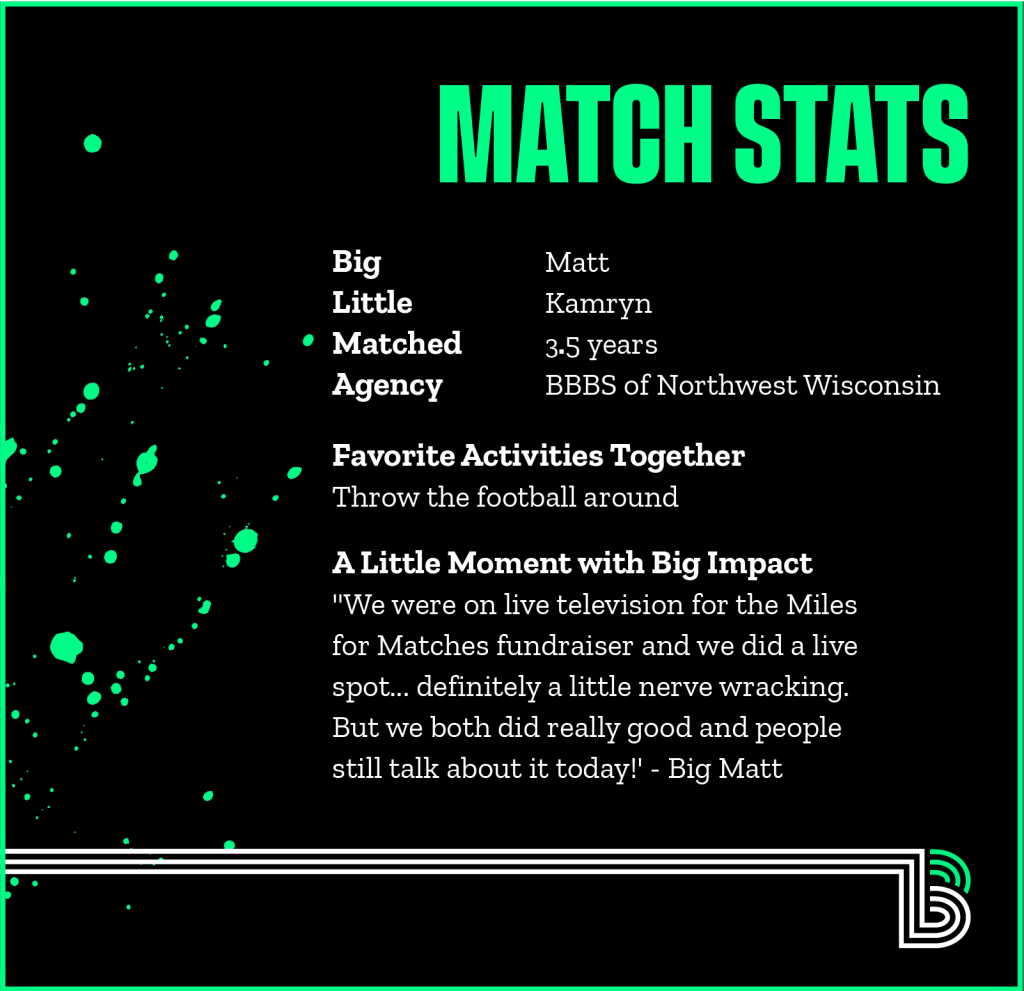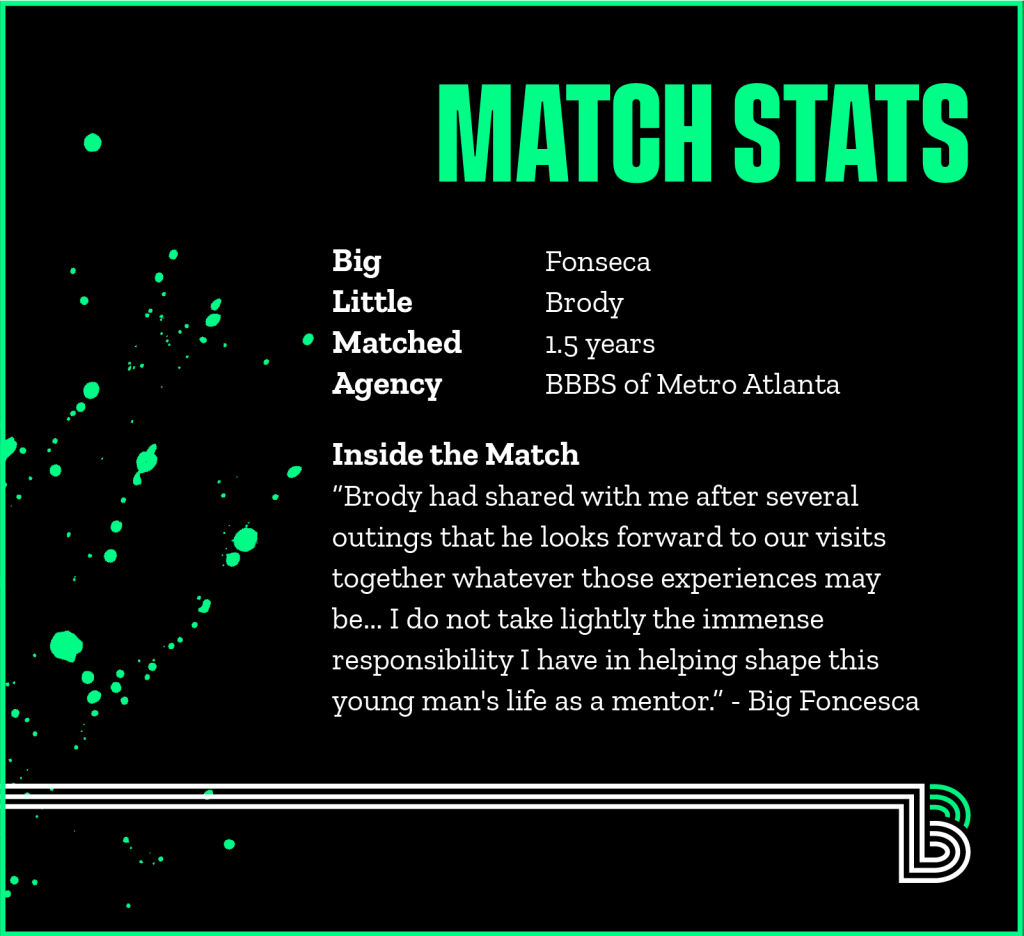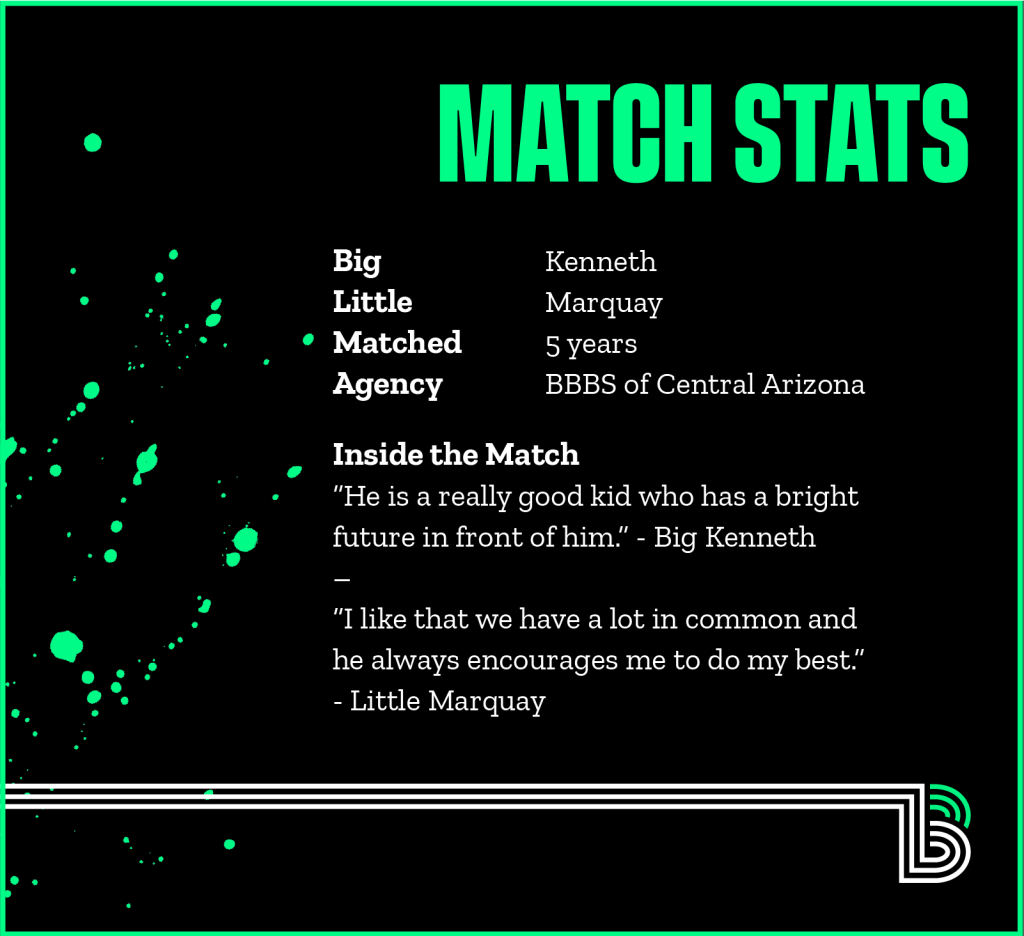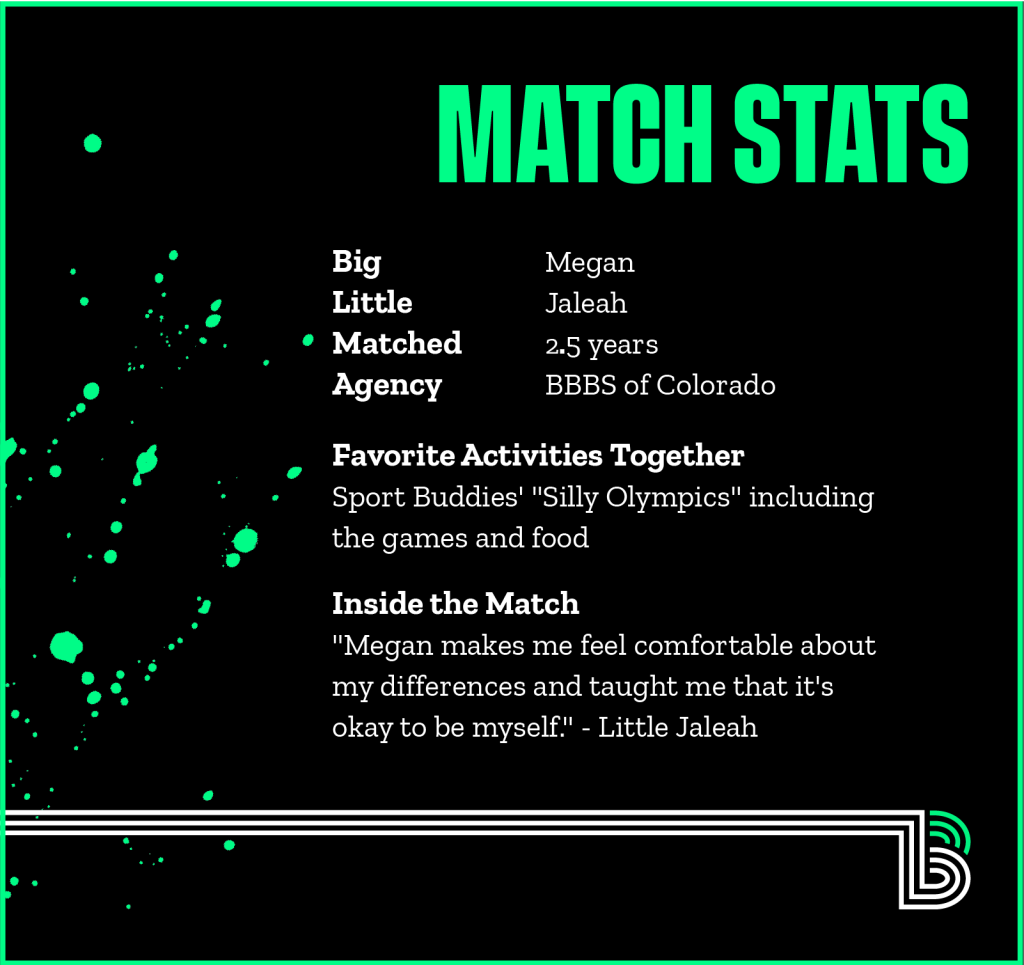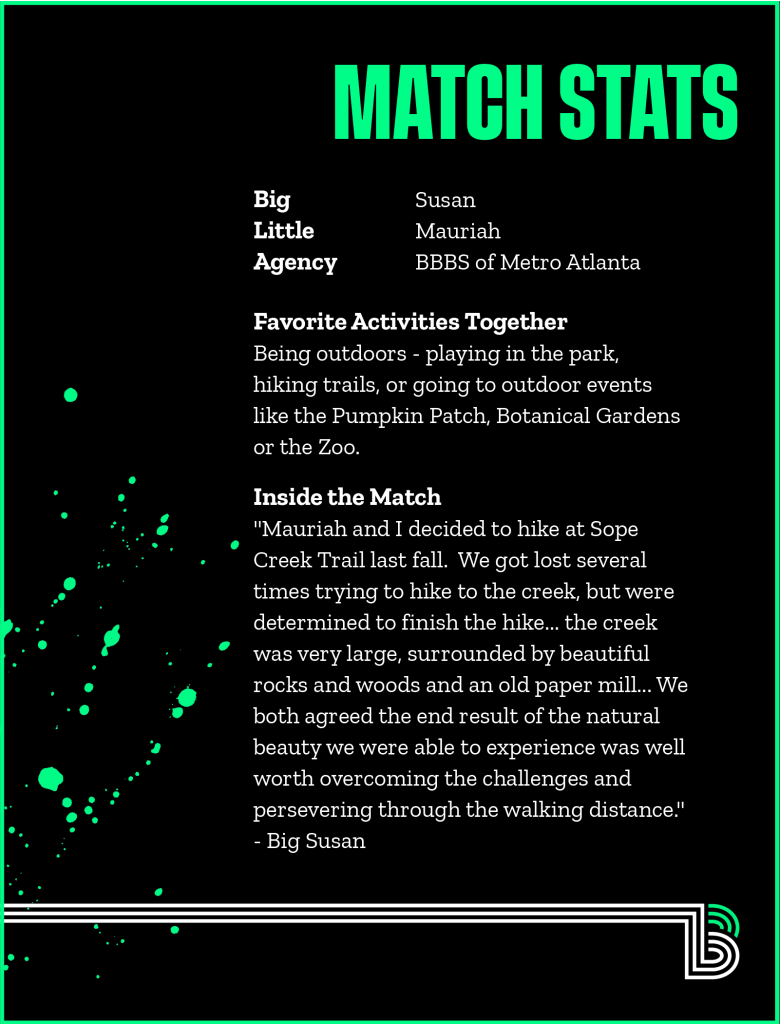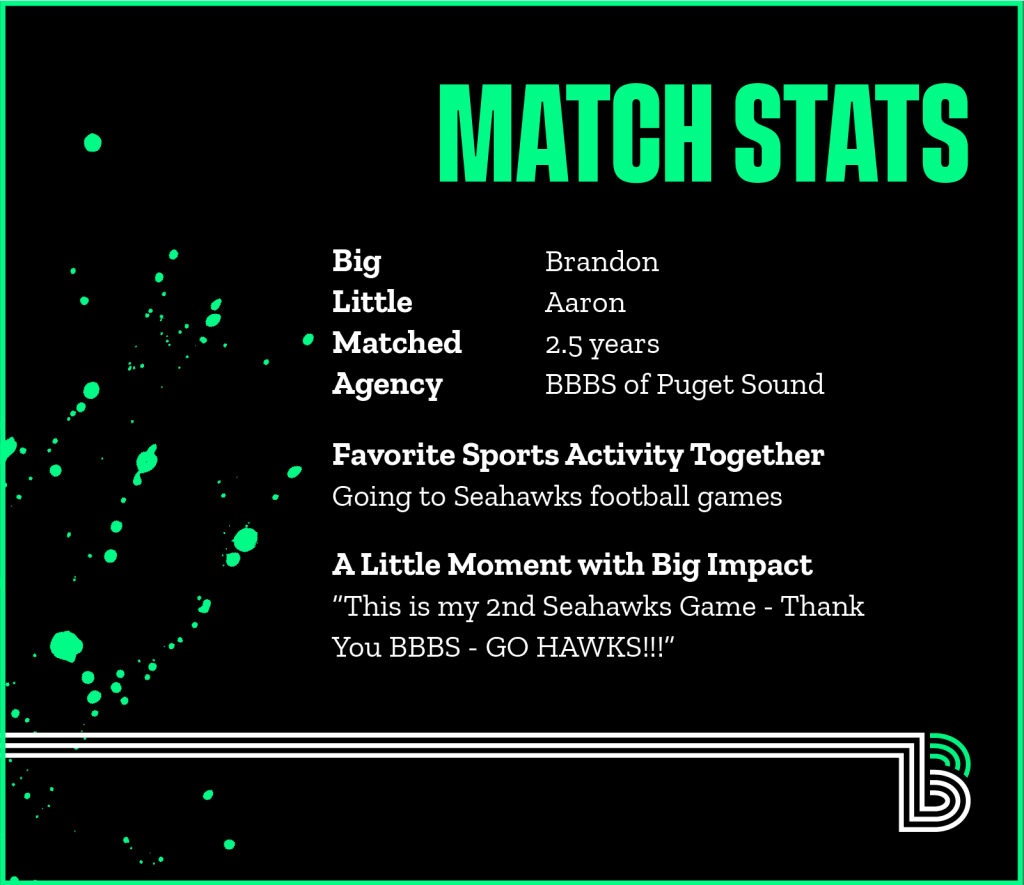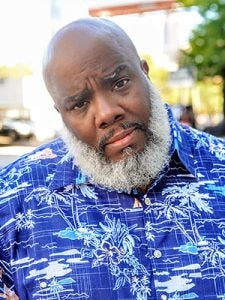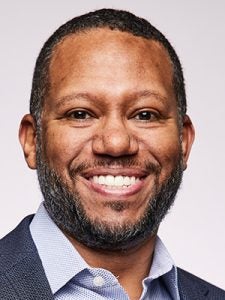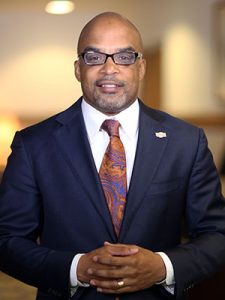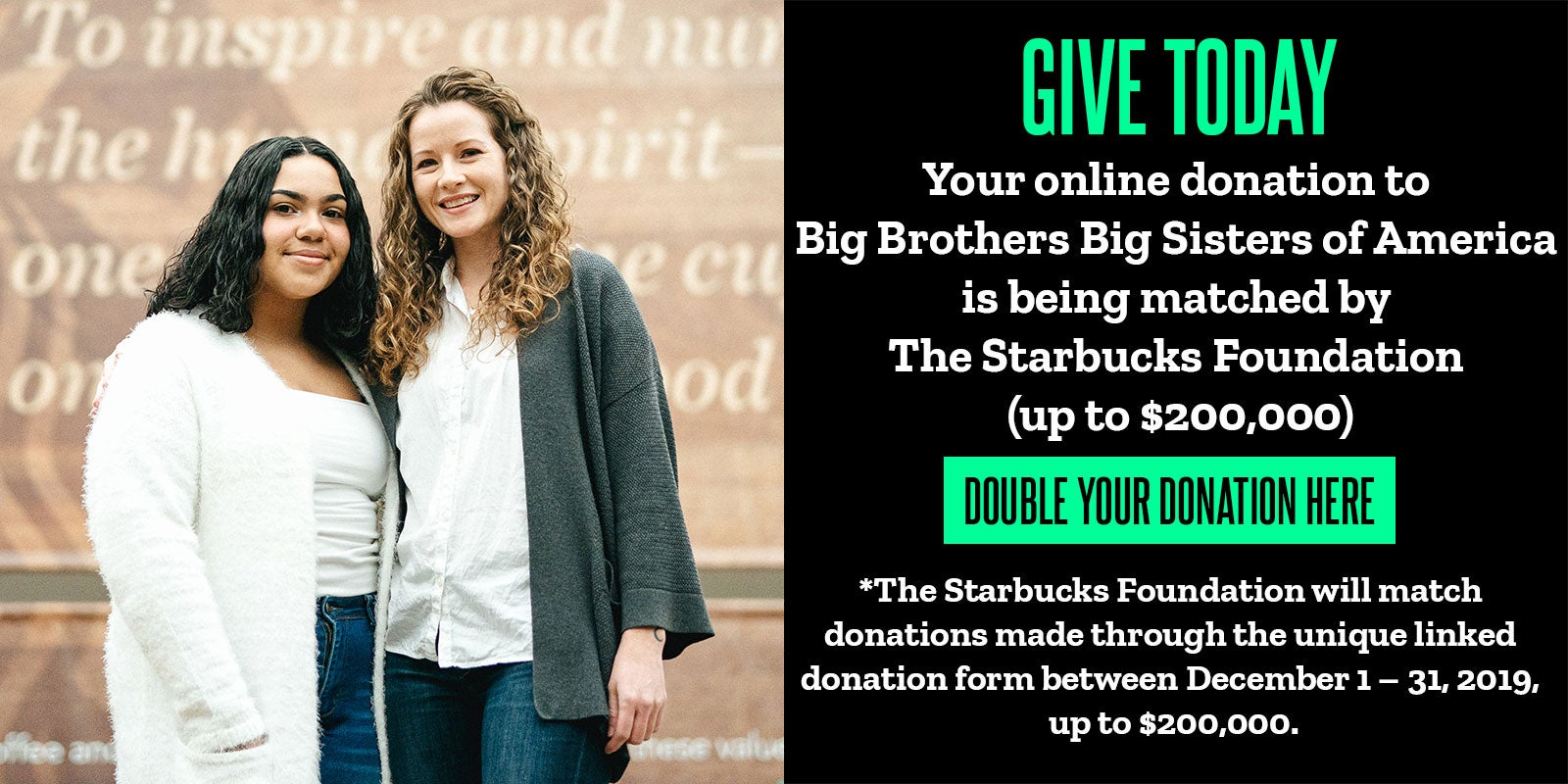
The HRC Foundation’s analysis of the YRBS data demonstrates that LGBTQ teens are continuing to experience bullying and violence from their peers, communities and partners across the United States. As a result, LGBTQ youth more often skip school due to feeling unsafe, have lower academic performance and live in a state of mental health crisis. These experiences are compounded by high rates of sleep deprivation and depressive symptoms. Struggling with rejection, bullying and violence, LGBTQ teens also have higher rates of substance use, which they may be using as a coping tool in their lives.
HRC Foundation and our Project THRIVE partners have developed a checklist to guide schools and youth-serving organizations on what they can do to improve the lives of LGBTQ youth. The research-based actions included in the checklist can significantly decrease bias and stigma that result in hostile environments for LGBTQ students, and create safe and affirming spaces where all young people can thrive.
Initially launched in May 2019, Project THRIVE is a multi-year national campaign with the goal of creating more equitable, inclusive support systems and communities for LGBTQ youth. Project THRIVE aims to build the knowledge, skills and capacities of all youth-serving professionals to better meet the needs of LGBTQ young people. Project THRIVE is a collaborative effort of many national organizations, each committed to identifying opportunities within their own sphere of influence to increase awareness about and provide resources to address the unmet needs of LGBTQ youth, and to highlight best practices and success stories from their respective professional fields.
HRC’s 23 Project THRIVE partners who have signed onto the joint statement include: Alliance for Strong Families and Communities; American Academy of Pediatrics; American Association of School Librarians; American Counseling Association; American Federation of Teachers; American School Counselor Association; Big Brothers Big Sisters of America; Boost Collaborative; Child Mind Institute; Child Welfare League of America; Council of Juvenile Justice Administrators; Mental Health America; National Association for College Admissions Counseling; National Association of School Nurses; National Association of School Psychologists; National Association of Secondary School Principals; National Association of Social Workers; National Education Association; National Parent Teacher Association; National Register of Health Service Psychologists; Point Source Youth; School Social Work Association of America; Society of Pediatric Nurses.
